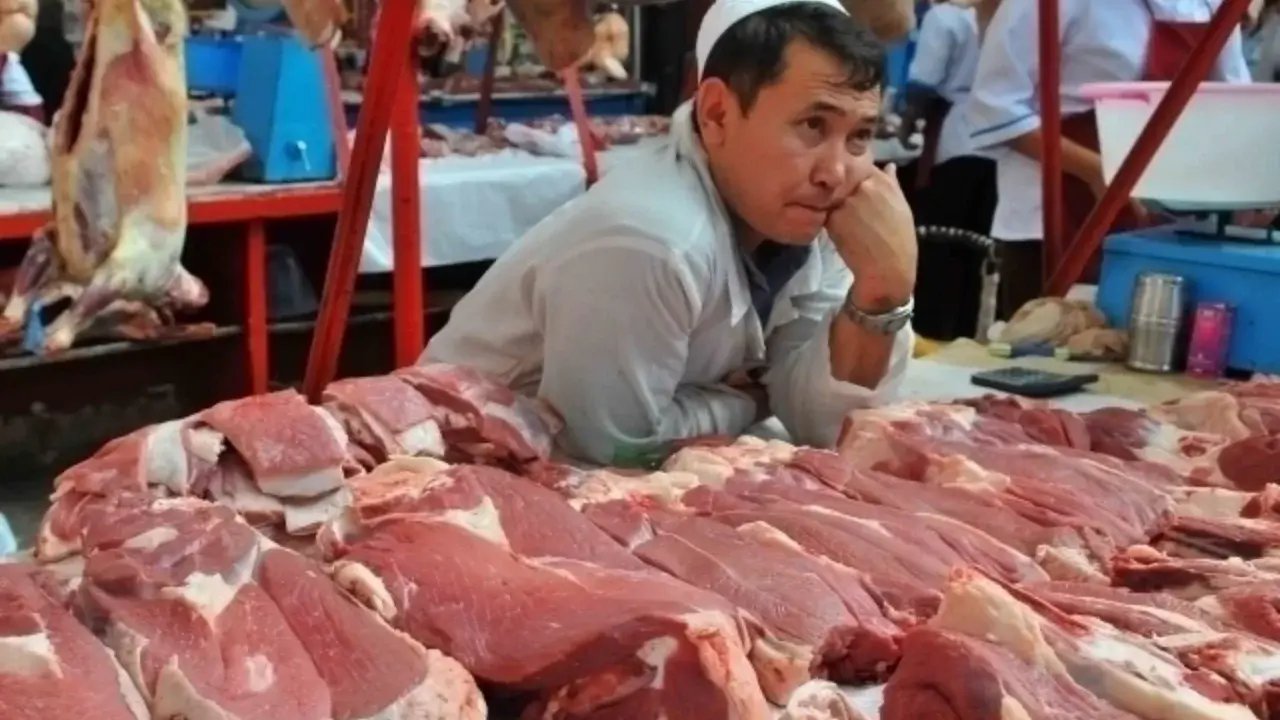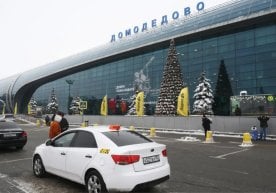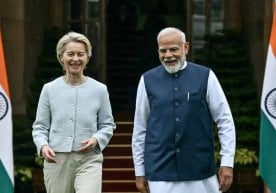Kyrgyzstan does not want to forgive those who sold certificates to Uzbekistan

Almambet Shikmamatov, Chairman of the State Tax Service of Kyrgyzstan, stated that individuals who have publicly obtained cattle certificates and exported them to Uzbekistan will not be able to forgive their debts. He spoke about this at a meeting of the parliamentary Committee on Budget and Fiscal Policy on September 15.
According to Shikmamatov, this summer deputies considered the possibility of canceling the debt of many farmers through the State Tax Service. The deputies asked to forgive the debts of farmers engaged in animal husbandry and who have large debts and exempt them from taxes.
"Due to the sharp increase in meat prices, the State Committee for National Security has launched inspections in Alabuk, Jalal-Abad, and Batken. As a result of this process, the Deputy Minister of Agriculture and civil servants were arrested. Also, all the heads of the companies involved in these schemes were arrested," he said.
Shikmamatov recalled that they were massively purchasing certificates from the Department of the Ministry of Agriculture and exporting them to Uzbekistan, and emphasized that there is no forgiveness for such actions.
"We cannot exempt them from taxes and do not interfere in the investigation process," said the head of the State Tax Service.
According to reports, meat prices in Kyrgyzstan have recently increased by 15-20%. This may limit access to meat products, which is one of the main needs of the population. The price increase is mainly due to the increase in the volume of livestock and meat exports. In particular, the export of large quantities of livestock and meat abroad reduces supply in the domestic market and creates price pressure.
At the same time, there are cases of illegal export of livestock products across the borders - smuggling, which complicates the problem due to the fact that this process occurs outside of official control. The rise in feed prices, particularly for feed and straw, makes livestock farming more expensive and increases producers' costs. This, in turn, affects meat prices.
Another important factor is the large number of intermediaries in the market. They sometimes try to make more profit by storing meat in warehouses and creating artificial shortages. Seasonal demand also affects prices, especially during the winter months and before holidays. Fluctuations in the exchange rate also play an important role, as imported feed, medicines, and equipment become more expensive. All these factors combined disrupted price stability and forced the government to take urgent measures.
It should be recalled that earlier the Ministry of Water Resources, Agriculture and Processing of Kyrgyzstan announced the establishment of state control over meat prices in the country for an indefinite period. The goal is to prevent a sharp increase in meat prices, control the import and export of livestock across the border, and impose quantitative restrictions on exports. Relevant services have been given specific instructions to continuously monitor meat prices in the country and combat smuggling.
Read “Zamin” on Telegram!




















